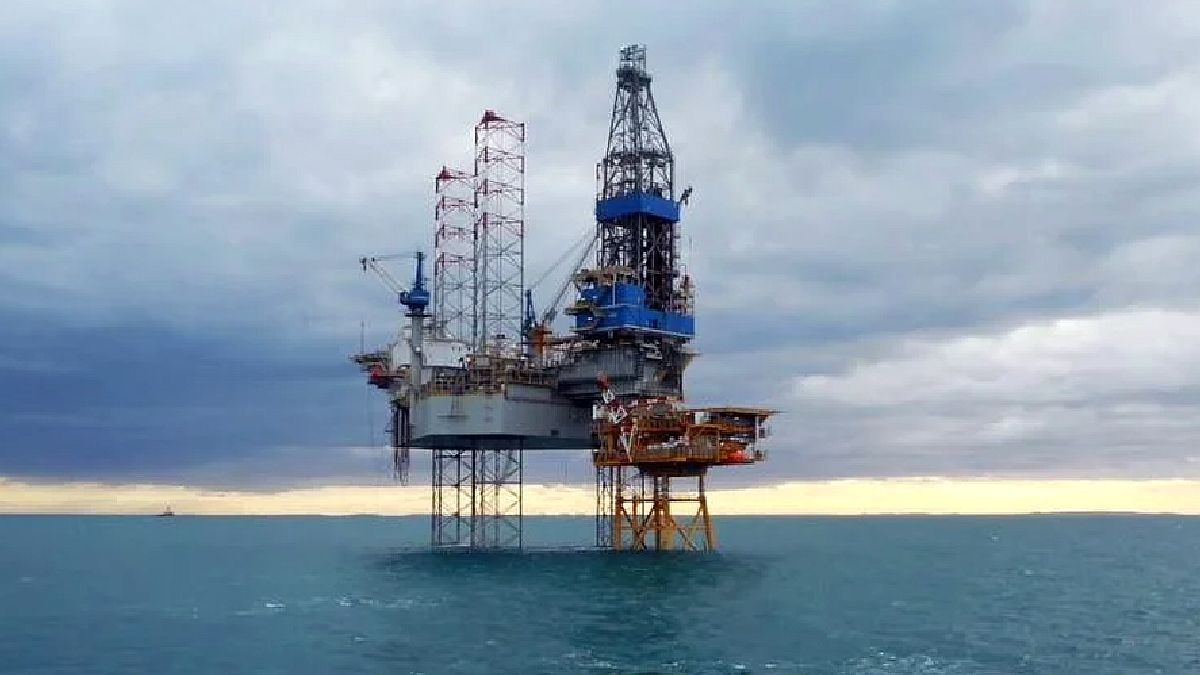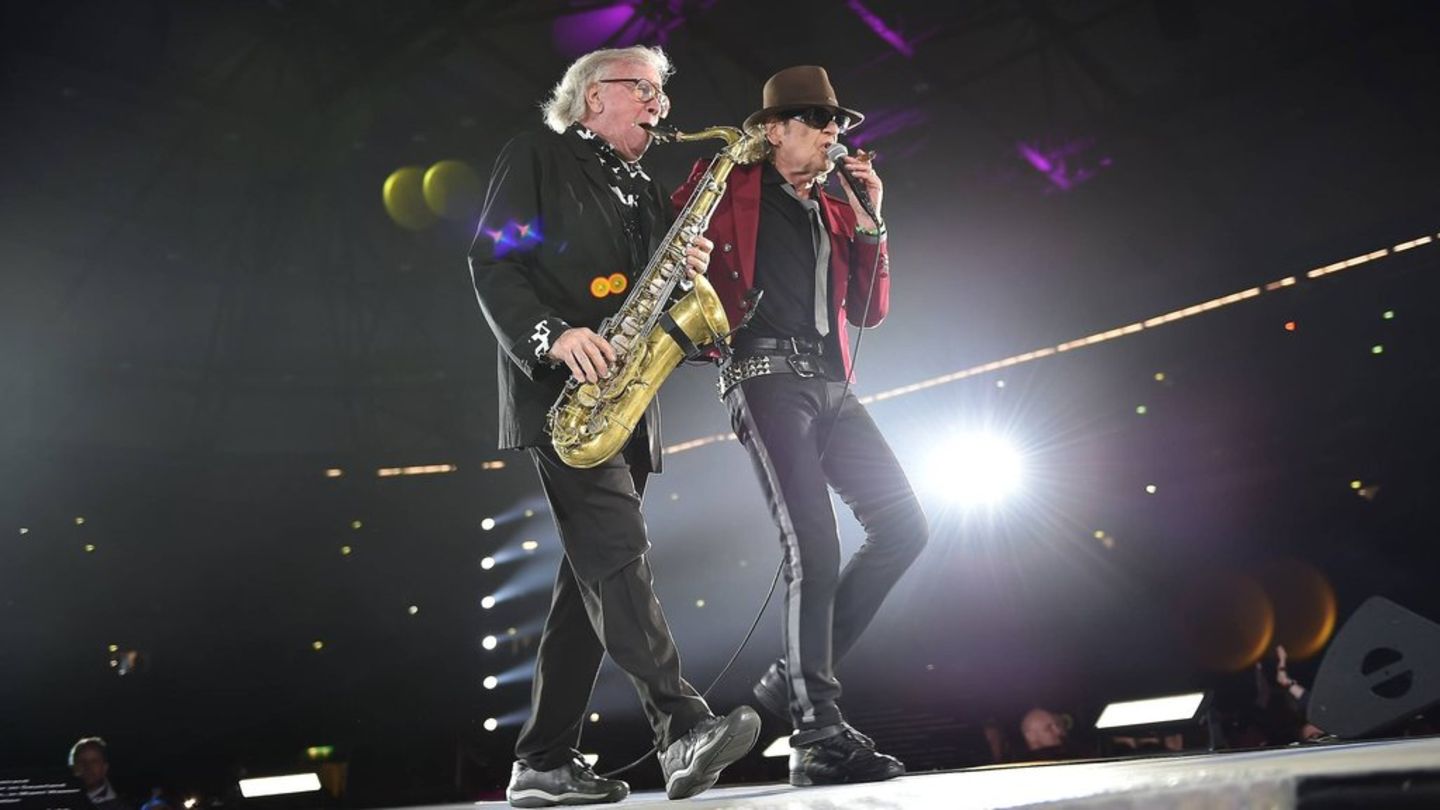The National Administration of Fuels, Alcohol and Portland (Ancap) is set to agree final terms for a record seven offshore exploration licenses next month, in proposals that have attracted the attention of global players such as Shelland they have planned investments of up to 200 million dollars.
So far, it has not been found Petroleum either gas in Uruguayan waters, but the licenses have sparked tentative interest among large energy companies, as recent discoveries in Namibia, on the opposite side of the Atlantic, raised hopes of similar findings off South America.
“Geologists believe that 120 million years ago Namibia was linked to Uruguay, before the breakup between Africa and South America“Santiago Ferro, who oversees the energy transition in Ancap and participates in the licensing process. “So they share the same geological history, like a mirror image,” he added.
Ferro admitted that Uruguay It remains “an area of frontier and wild exploration,” but he assured that its potential could be significant. “If a couple of discoveries are made, it would not be a surprise that the recoverable resources are in the billions of BOE (barrels of oil equivalent),” he said, adding that any energy finds were likely to be more gas-oriented than in Namibia.
Ferro said that, for the first time, the seven marine blocks that are located at a distance of between 100 and 300 kilometers from the coast of Uruguay, They will have international companies that will carry out exploration work. The contracts with Ancap are scheduled to close in mid-October, a timeline that had not been previously disclosed, he added.
Shell, Argentina YPF and APA Corpbased in Houston, are among the companies that were granted licenses. Ancap estimates that the existing oil and gas potential is around 20 billion barrels. “If there is a discovery, Uruguay can begin to estimate production objectives,” said Ferro. Ancap expects to drill the first offshore exploratory well of this licensing round before the end of 2027.
A high risk investment
Uruguay has been trying to find oil for decades. Its previous auctions have attracted industry leaders such as BP and TotalEnergies, but only dry wells have been found. The country imports all the Petroleum and gas that it uses and has no proven reserves.
While the group of companies granted licenses this time is new, the level of planned investment in exploration remains small, with $127 million committed so far, Ancap It hopes to attract another $200 million over the next six years.
Analysts point out a disparity between the level of enthusiasm about the offshore oil potential of Latin America and the real discoveries since only Brazil, Guyana and Suriname They have had solid commercial success in recent decades.
“Uruguay has never produced a commercial discovery,” said Andrés Armijos, head of research for Latin America from the energy consultancy Welligence. “From an oil and gas point of view, it is a high risk, but that is what companies are pursuing,” he added.
For its part, the British Challenger Energy obtained two of the seven licenses in Uruguay, following failed exploration projects in the Bahamas and Trinidad and Tobago. The executive director of Challenger, Eytan Uliel, told Reuters from London that the Uruguayan government was “extremely committed and willing to support”, although he warned that things were “in the early stages”. The discoveries in Namibia, however, increased the chances of finding oil, the CEO said.
The next step is to evaluate the zones by reviewing the seismic data collected so far to determine the location of the wells. Drilling could begin in 2026, according to Challenger. “We have kilometers of seismic data dating back to the 1970s. Using modern technology, we can create a different picture of what is there,” Uliel added.
Source: Ambito




